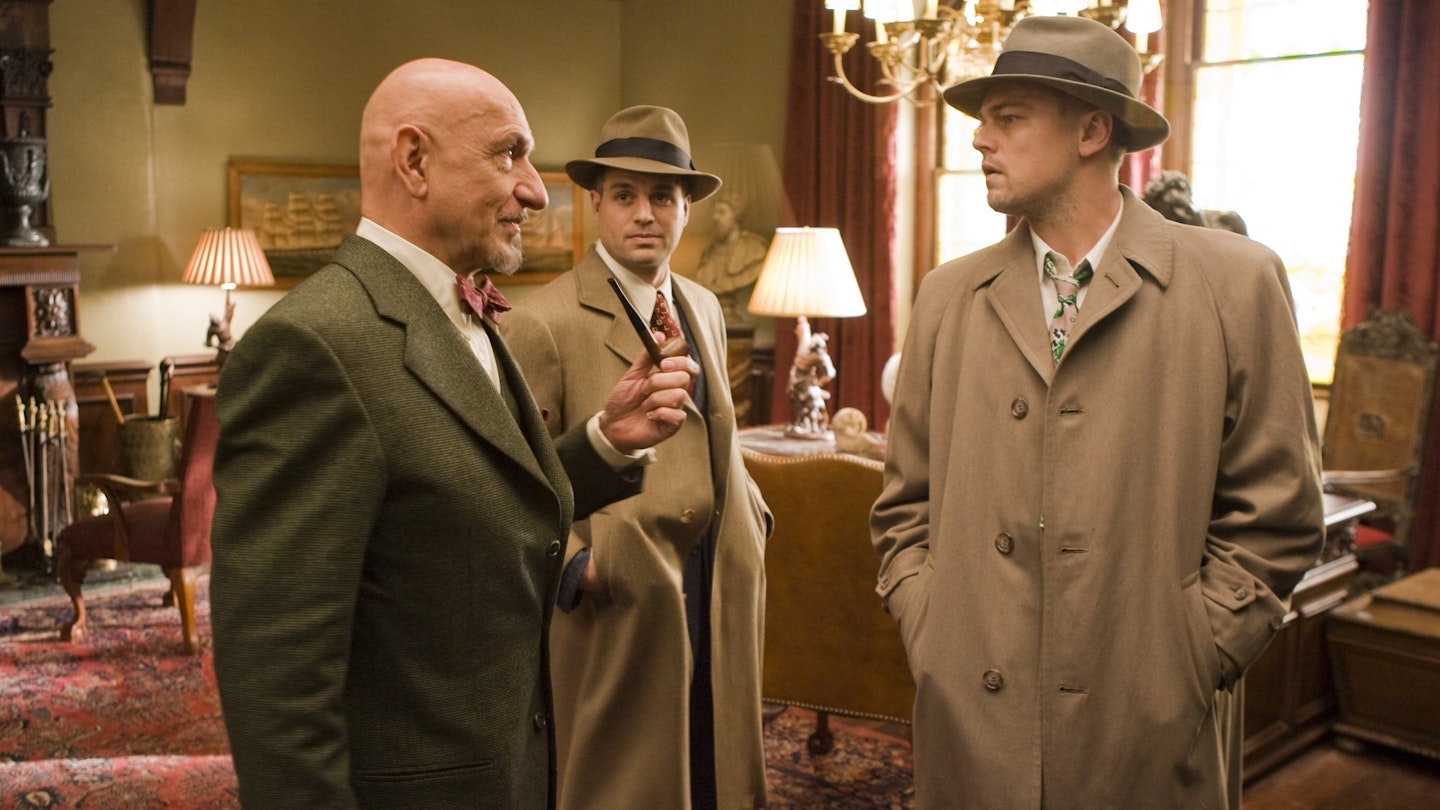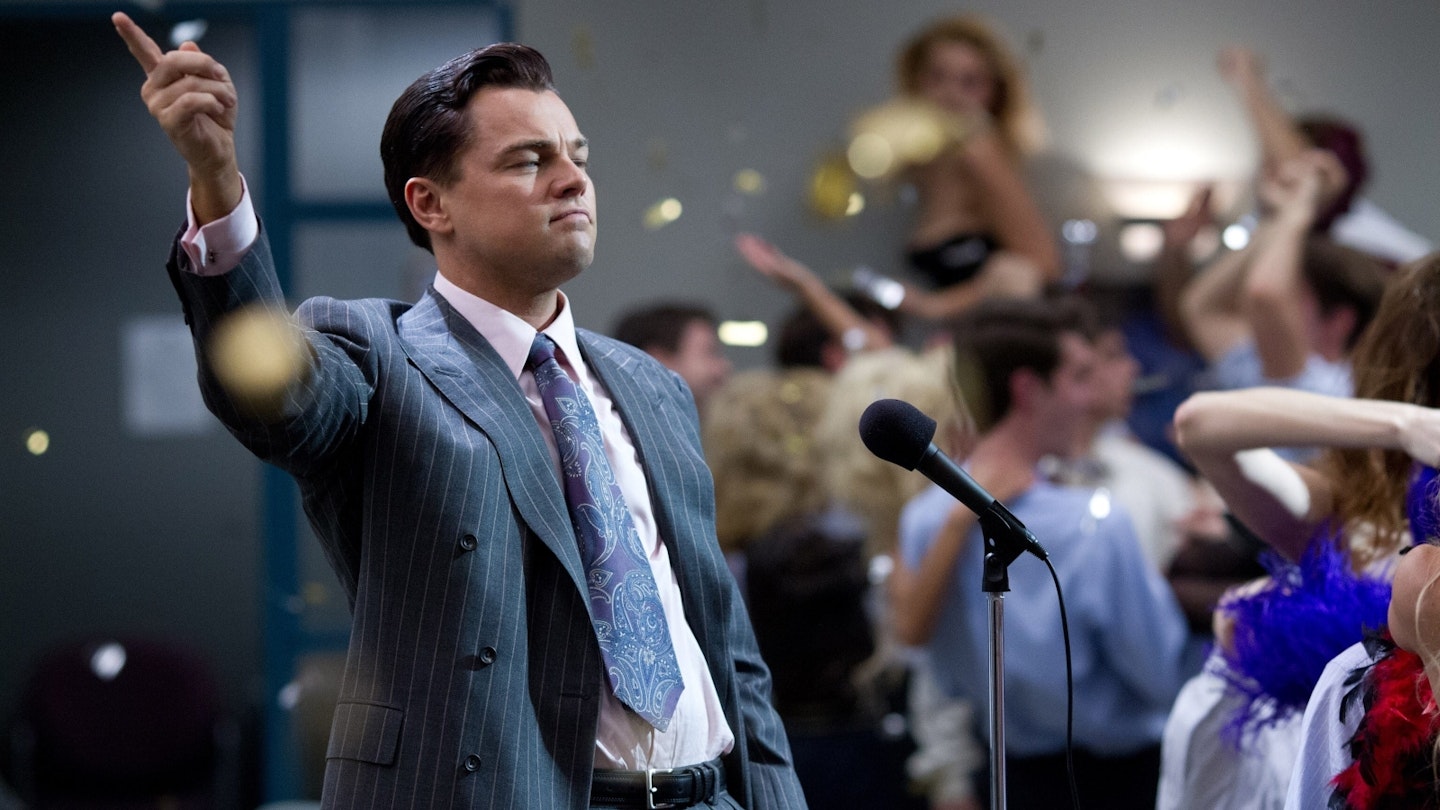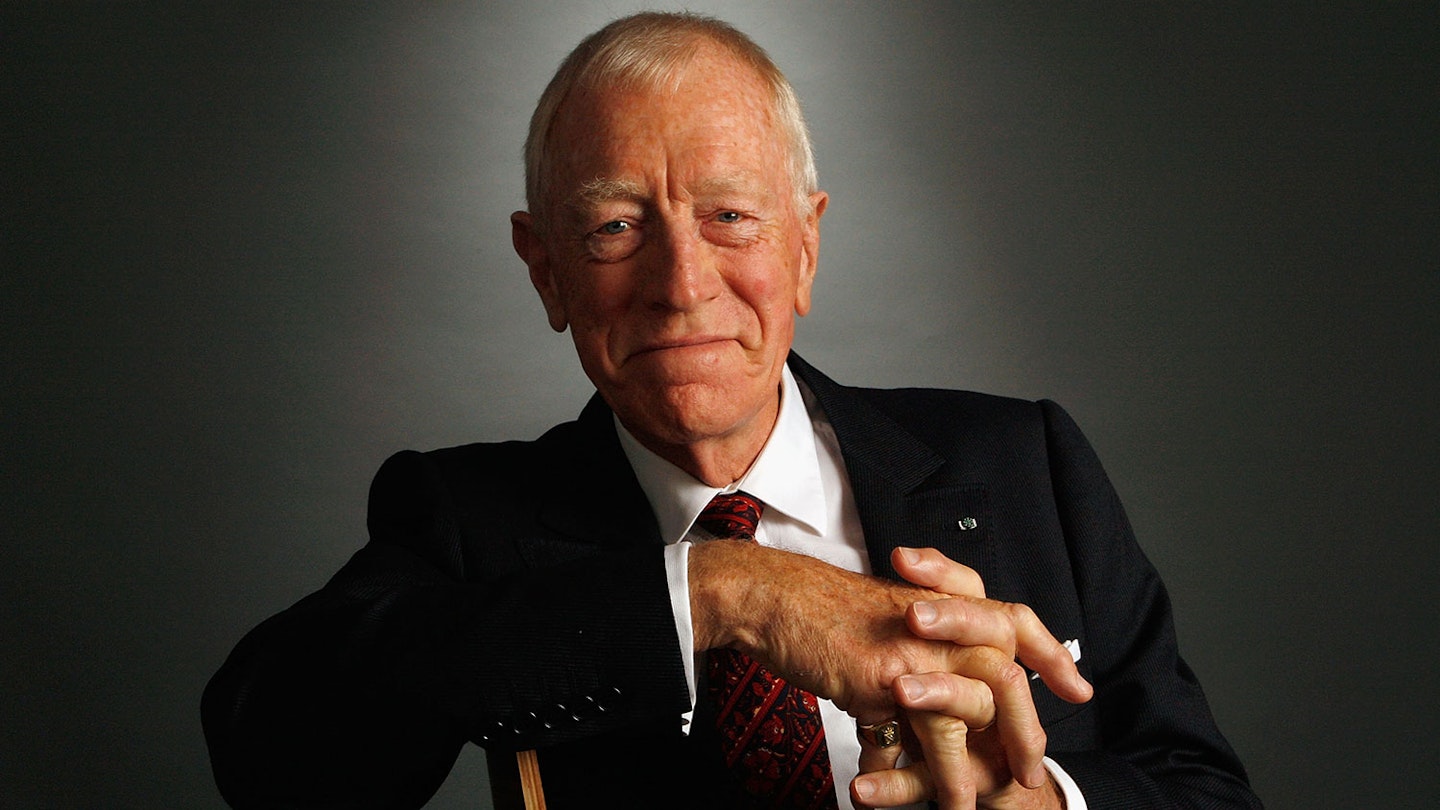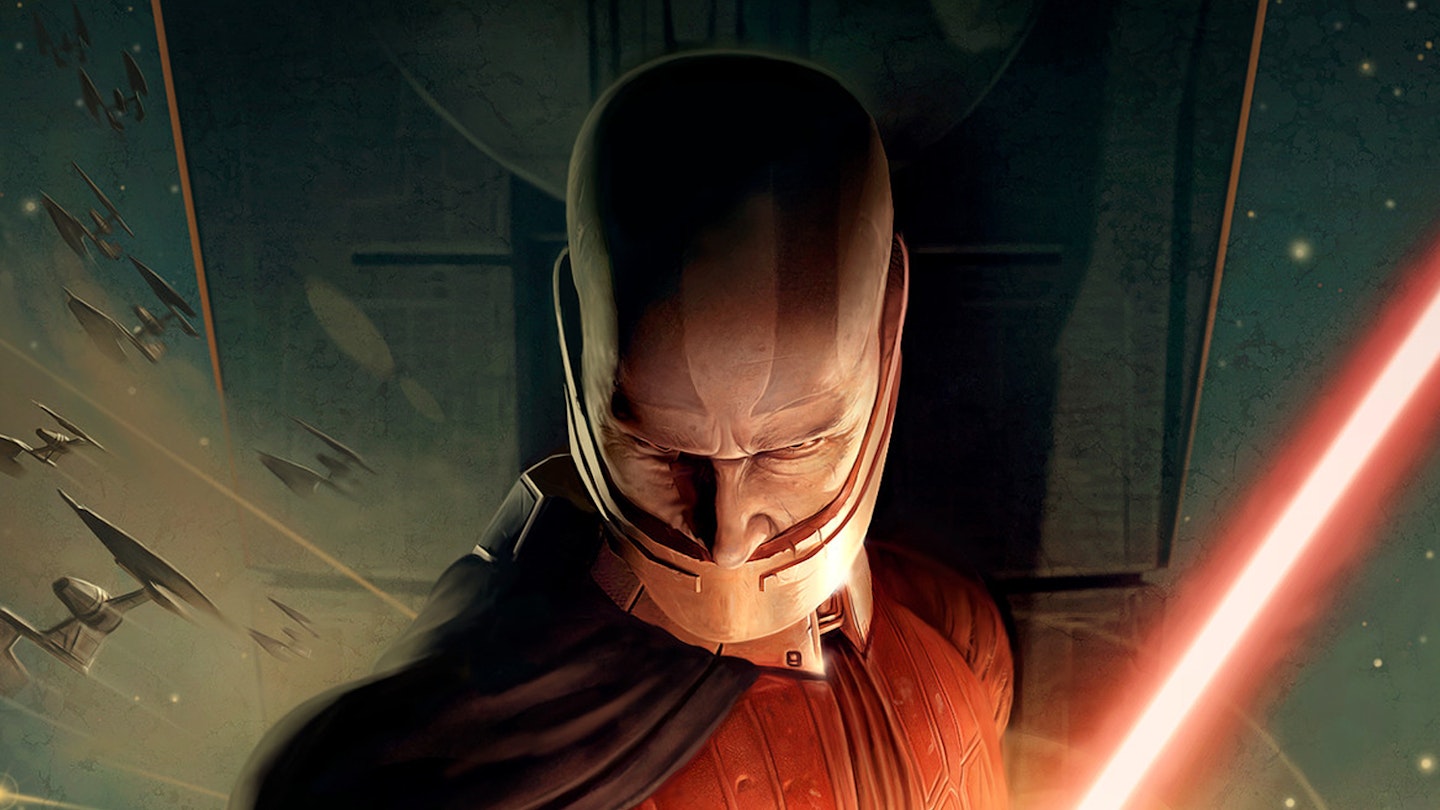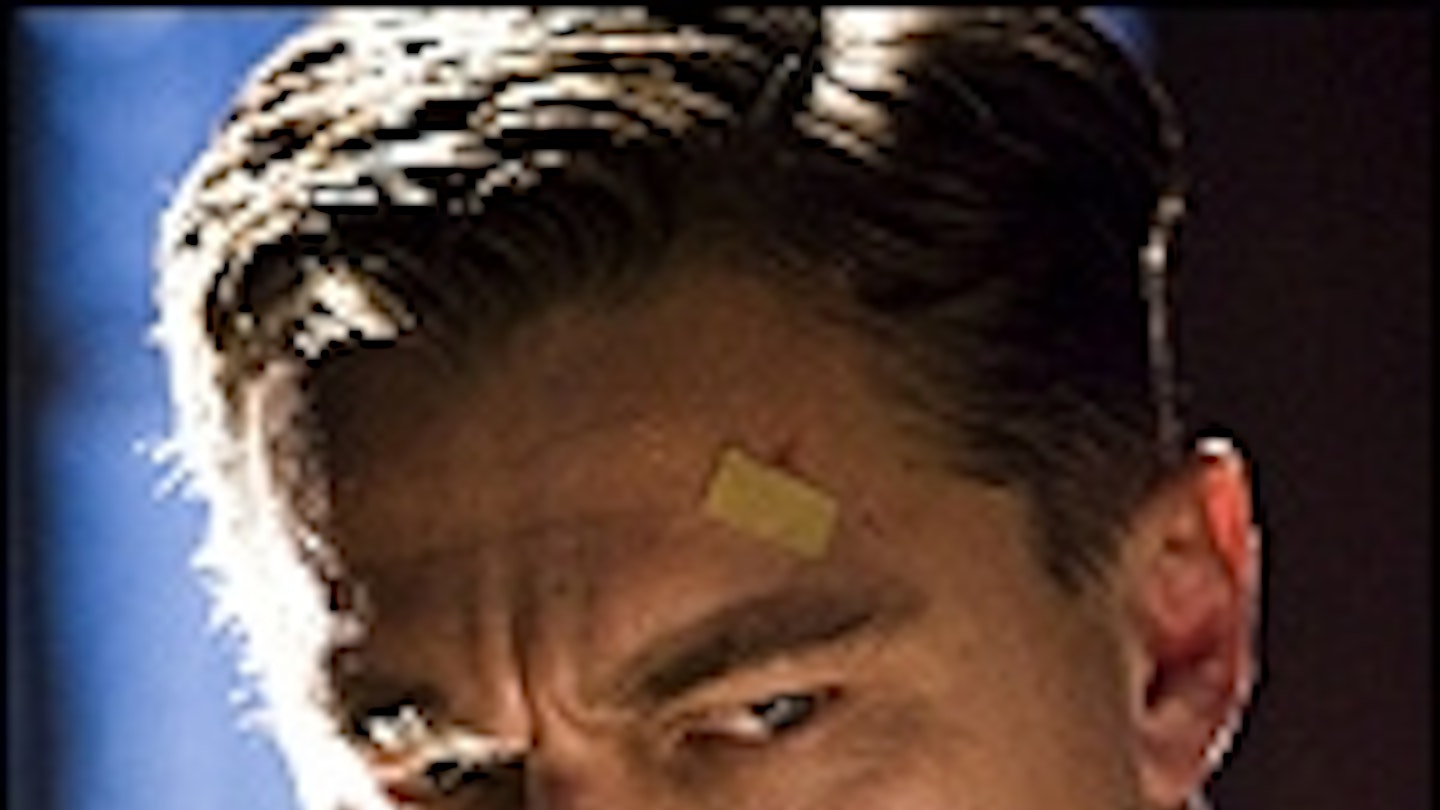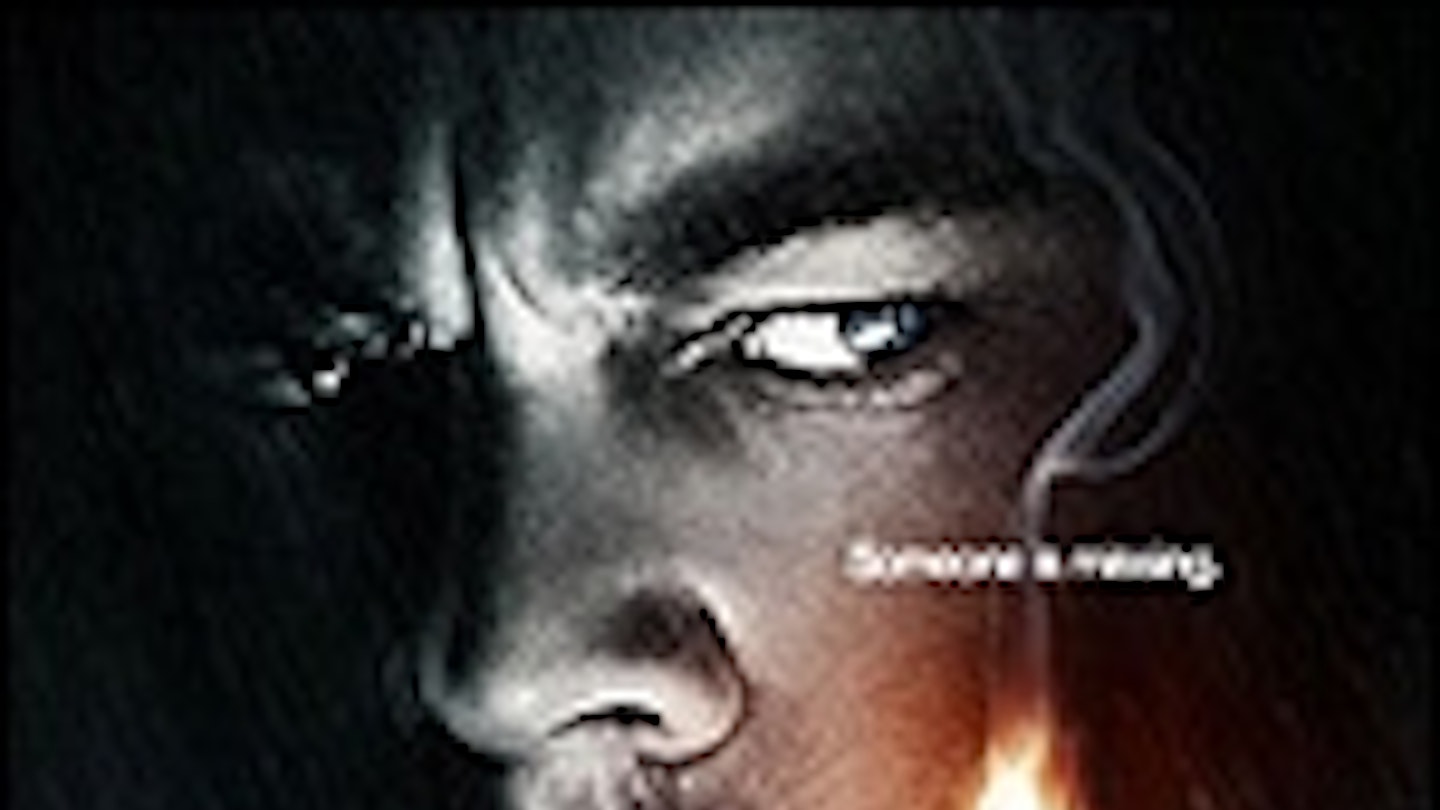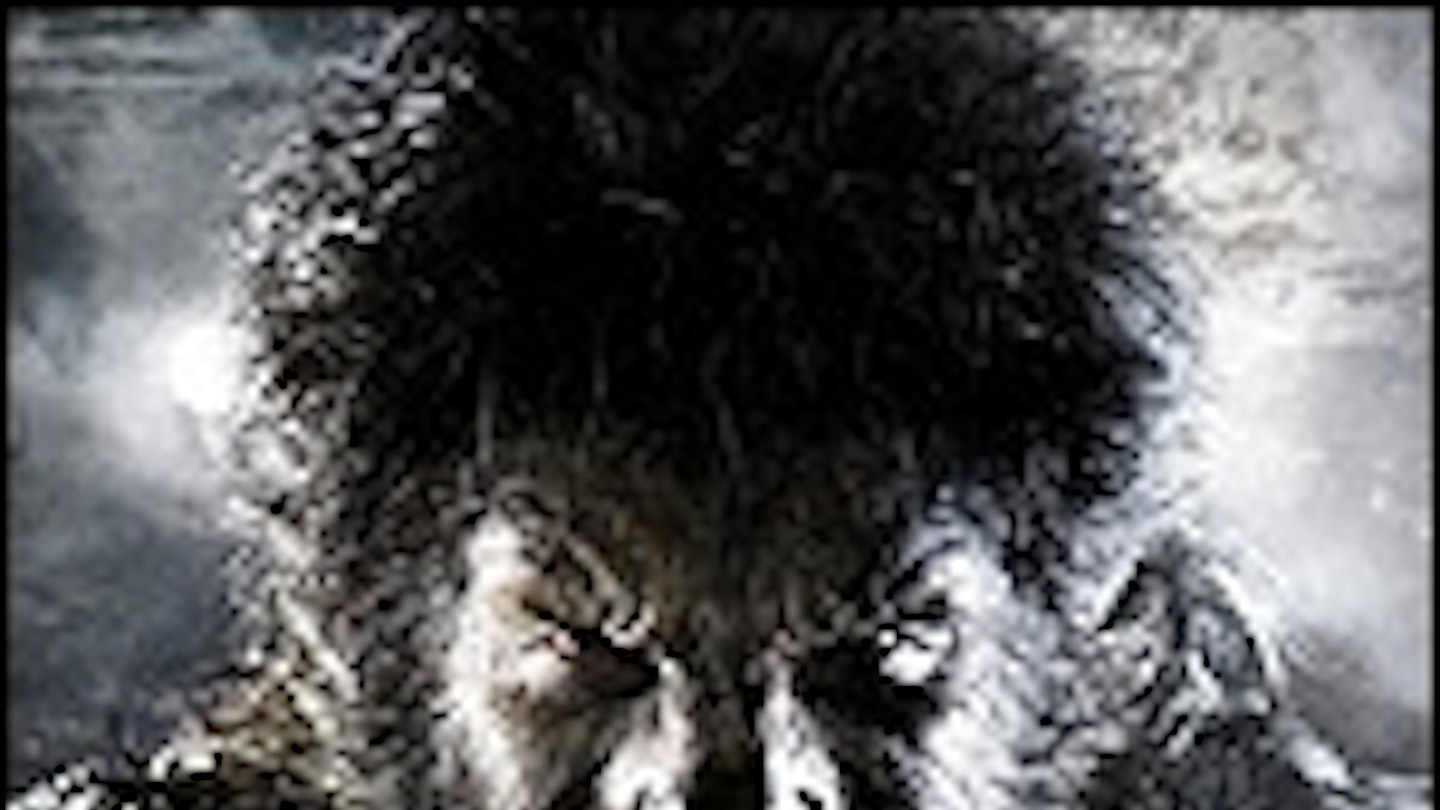Most directors who got their start with Roger Corman kicked off their careers with some sort of a horror film – Francis Coppola made Dementia 13, Peter Bogdanovich made Targets, Joe Dante made Piranha. Atypically, Martin Scorsese’s apprentice exploitation work was a gangster picture, Boxcar Bertha. Though Scorsese has often expressed admiration for movie fantasists from Michael Powell through Mario Bava to Hammer Films, he has made only two films with supernatural themes, both religious rather than horrific: the Devil, of course, appears in The Last Temptation of Christ, while benign reincarnation is central to Kundun. And yet, few filmmakers have expressed the nightmarish so well or so often, as demonstrated by such descents into madness or urban hell as Taxi Driver, The King of Comedy, After Hours and Bringing Out the Dead.
Shutter Island, from the novel by Dennis Lehane, is the nearest thing to a horror film Scorsese has made since Cape Fear. Its story of criminal investigation turns in on itself as the detective hero suffers from contradictory flashbacks – which run to very nasty WWII experiences during the liberation of a concentration camp and a bad marriage which came to a gruesome end on the shore of what looks like Crystal Lake from the Friday the 13th films -- and drug-induced hallucinations. All this is footnoted by favourite moments from the school of fright founded by producer Val Lewton at RKO in the 1940s: a walk through a dark corridor of cages, as insane arms clutch at the protagonist, restages a classic shock scene from Mark Robson’s Bedlam, which Scorsese once thought of remaking, while a disturbingly unsafe spiral staircase is a dead ringer for the one in Robert Wise’s The Haunting.
Though the US Marshals played by Leonardo DiCaprio (now as central to Scorsese’s filmic universe as De Niro or Keitel) and Mark Ruffalo sport film noir hats and tough guy attitudes, they are forced to surrender their guns before they are allowed to enter an insane asylum which is also a haunted castle – passing out of a hardboiled mystery into a full-on gothic melodrama which includes a creepy turn from genre fixture Max von Sydow as the sort of shrink who reminds the hero of his bad experiences with Nazis, an Agatha Christie-style locked room mystery, a sinister lighthouse which doubtless harbours dreadful secrets and a spectacular thunderstorm out of The Old Dark House or King Lear. Ben Kingsley plays the eccentric head of the asylum, a character type we’ve learned not to trust since Dr Caligari, and brings some welcome, sly humour to his barbed chats with the hero, especially when he seems to be scheming to cover up unethical experiments or lamenting the damage done to his beloved car.
Officially the best filmmaker in the world, Scorsese enjoys himself here in a way he hasn’t since Cape Fear: there is depth to the story, but not quite enough to sustain all the mysterioso effects. Lehane’s novel has one of those tricky plots which keeps pulling the rug out from under hero (and the reader) – it would even count as a spoiler to give away which parts Patricia Clarkson, Emily Mortimer and Jackie Earle Haley play, and several everything-you-assume-is-wrong moments are set up by some scrupulously fair clue-dropping (the key to one puzzle is in the synopsis – so start thinking: you’ll need a pen and paper to work it all out). A possible problem with this is that, on one level, the film you think you’re watching for the first hour or so might be more satisfying than the one eventually delivered when all the answers are given – though Scorsese adds a tiny final ambiguity that restores a little of the magic.
